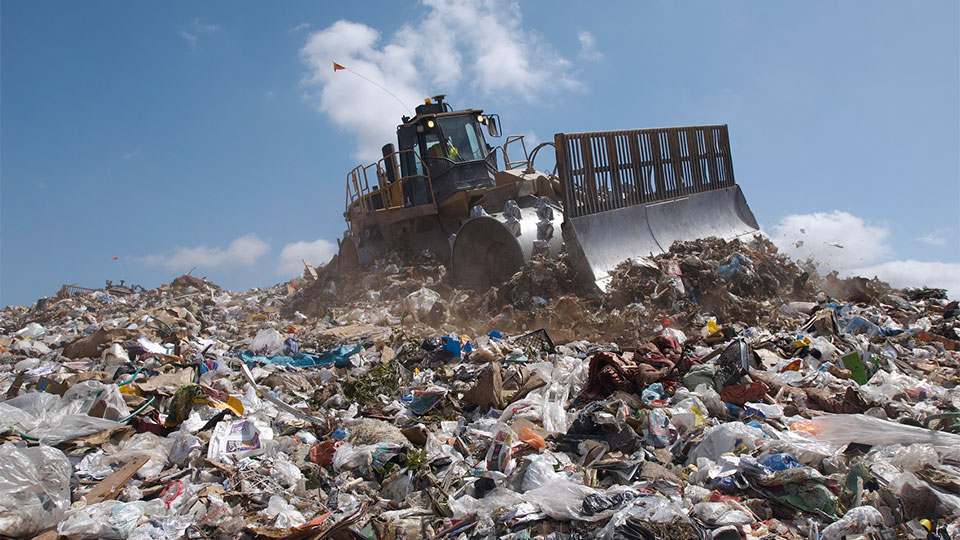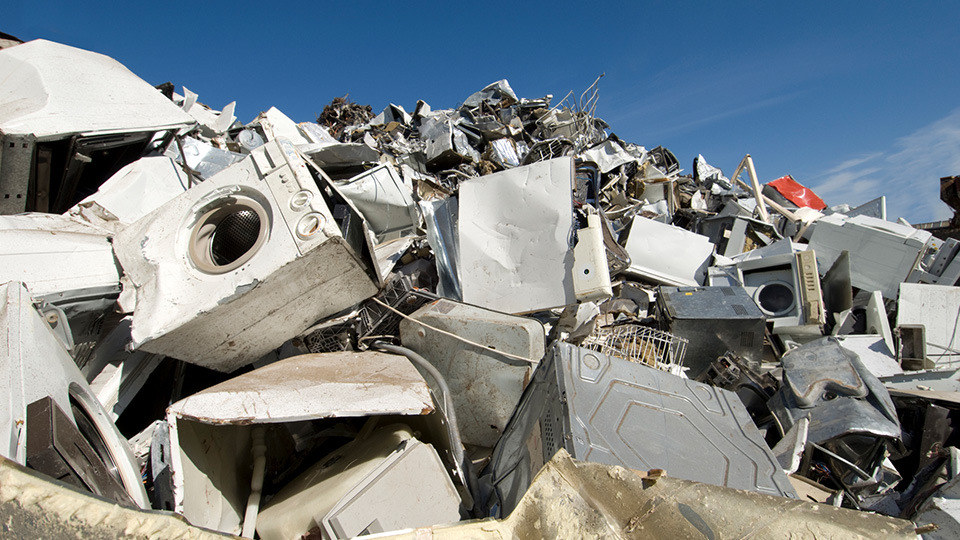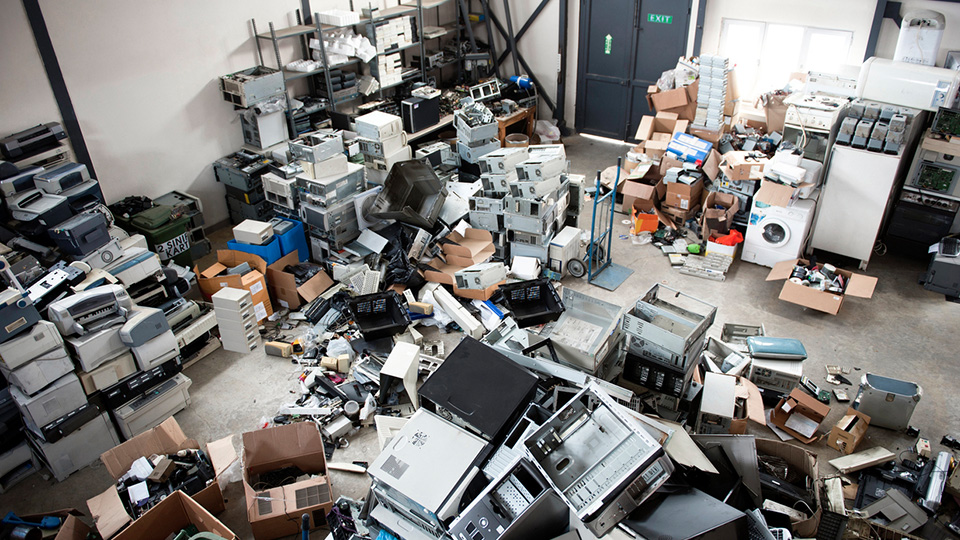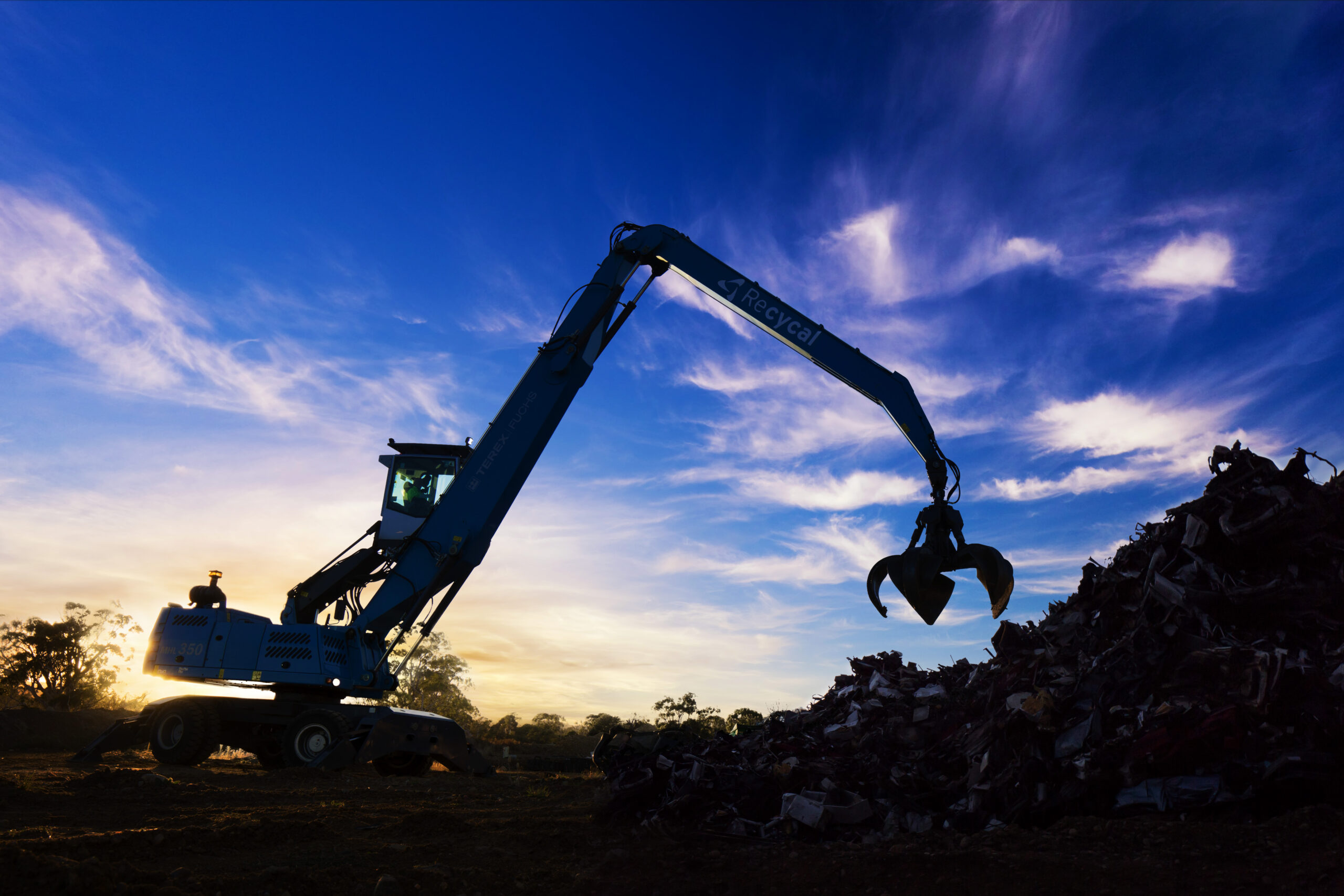With new electronic devices becoming cheaper and more widely available, the need to recycle electronic waste, also known as e-waste, has never been more important.
E-waste is more than just old mobile phones and televisions — it includes anything that plugs into a power point or runs on batteries and has reached the end of its useful life.
E-waste includes broken items, as well as obsolete products that have been replaced by newer models.
The rapid growth in electronics technology has seen e-waste increase significantly, driven by consumers constantly replacing their old mobile phones, laptops and other devices for the latest products on the market.
In fact, e-waste is growing three times faster than the rate of standard municipal waste, according to Sustainability Victoria.
Recycling e-waste is the best way to tackle this escalating waste problem, keeping harmful waste out of landfill and recovering old materials to reuse in new products.
Here are the key reasons to recycle e-waste:
It prevents toxic hazards
E-waste can contain hazardous materials such as lead, mercury and cadmium that can contaminate the environment if they aren’t disposed of responsibly.
When e-waste is discarded into landfill, these dangerous chemicals can leach into soil and waterways and eventually end up poisoning communities and the environment, as seen with the Minamata disaster.
These toxic materials can cause problems, even in small amounts, however the situation becomes much more serious when you consider the millions of e-waste items being dumped in landfill.
Recycling can safely process e-waste to remove mercury and other dangerous materials, preventing them from reaching landfill and contaminating the earth.
It allows us to reuse materials
E-waste is full of precious metals and materials that could be used to make your next smart phone or tablet.
Tin, nickel, zinc, aluminium, copper, silver, gold and plastic can all be recovered from e-waste when it is recycled.
However, many of these non-renewable resources may never be used again if they are thrown in the general waste bin and end up in landfill.
Recycling e-waste saves these finite materials from the scrap heap and puts them back to work in new products, reducing our dependence on new materials.
It takes care of the environment
We are all responsible in protecting the environment and one of the easiest ways is to minimise the amount of e-waste that ends up in landfill.
In 2016, about 44.7 million metric tons of e-waste was generated globally and only 20 per cent was collected and recycled, according to the Global E-waste Monitor 2017.
That’s a lot of electronic devices, white goods and machinery that ends up in landfill on top of all the other rubbish that goes there too.
It’s simple to recycle e-waste
Recycling e-waste is simple — just visit RecyclingNearYou to find your nearest collection point where you can drop off your old electronics.
For businesses and larger organisations, Ecocycle offers easy solutions to recycle e-waste.
If you have a commercial scale e-waste problem, give us a call on 1300 32 62 92 or fill in the form below to find out just how easy it is to recycle with Ecocycle.





